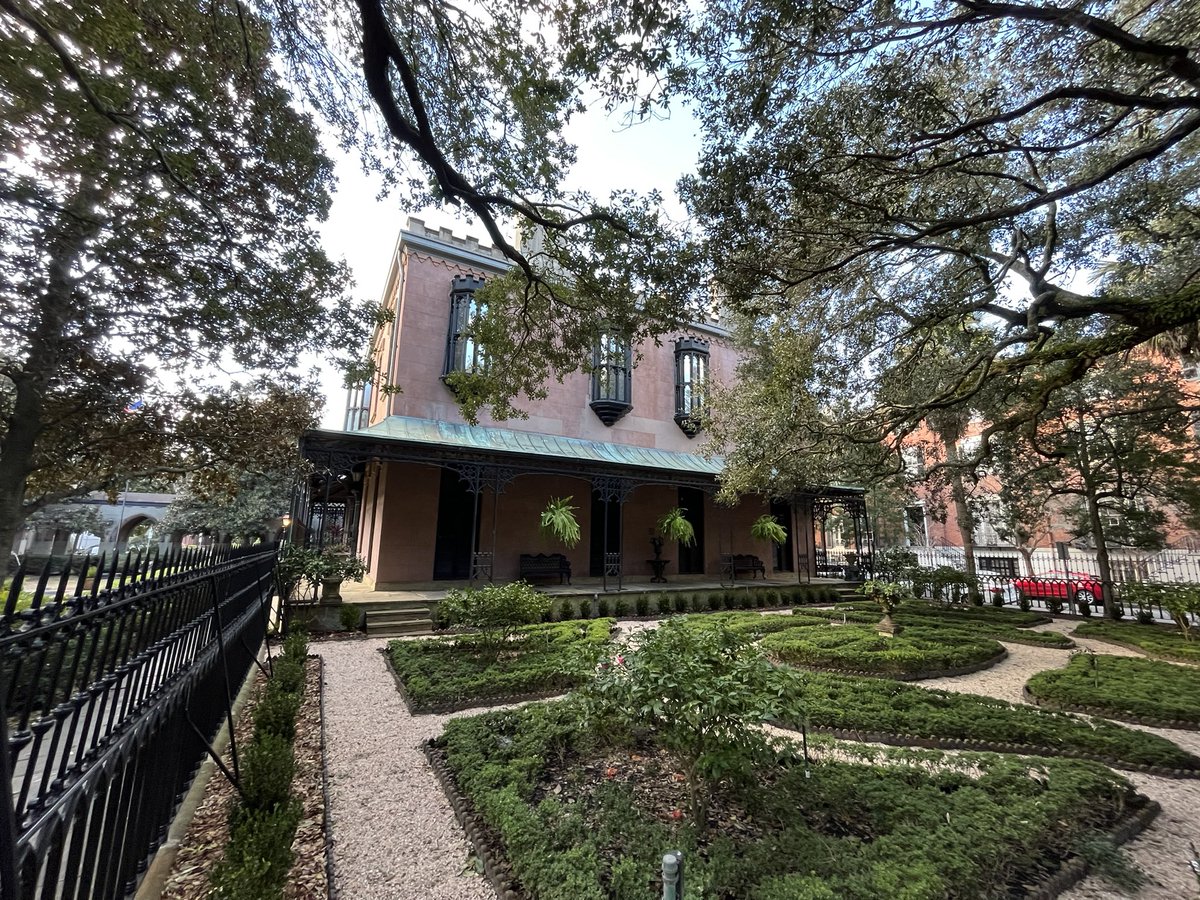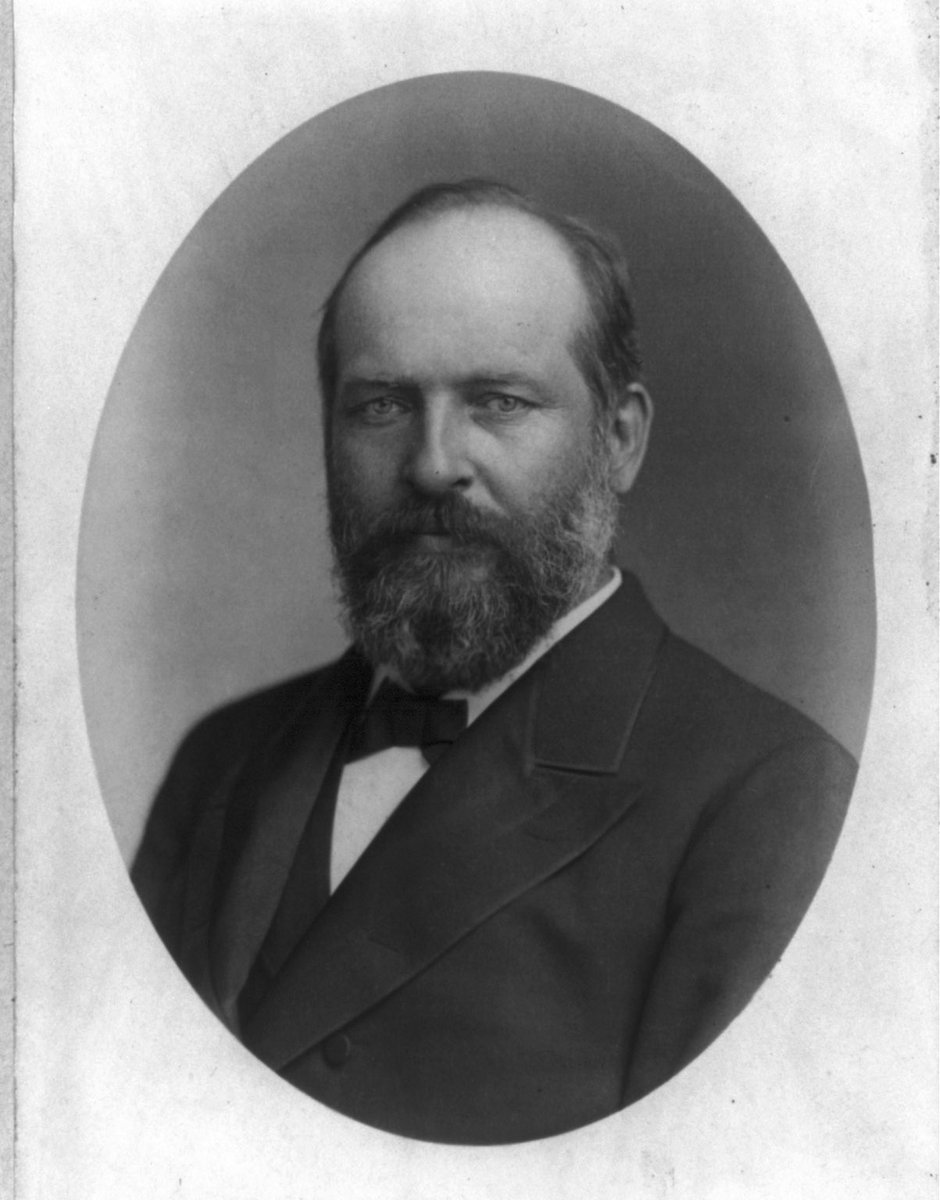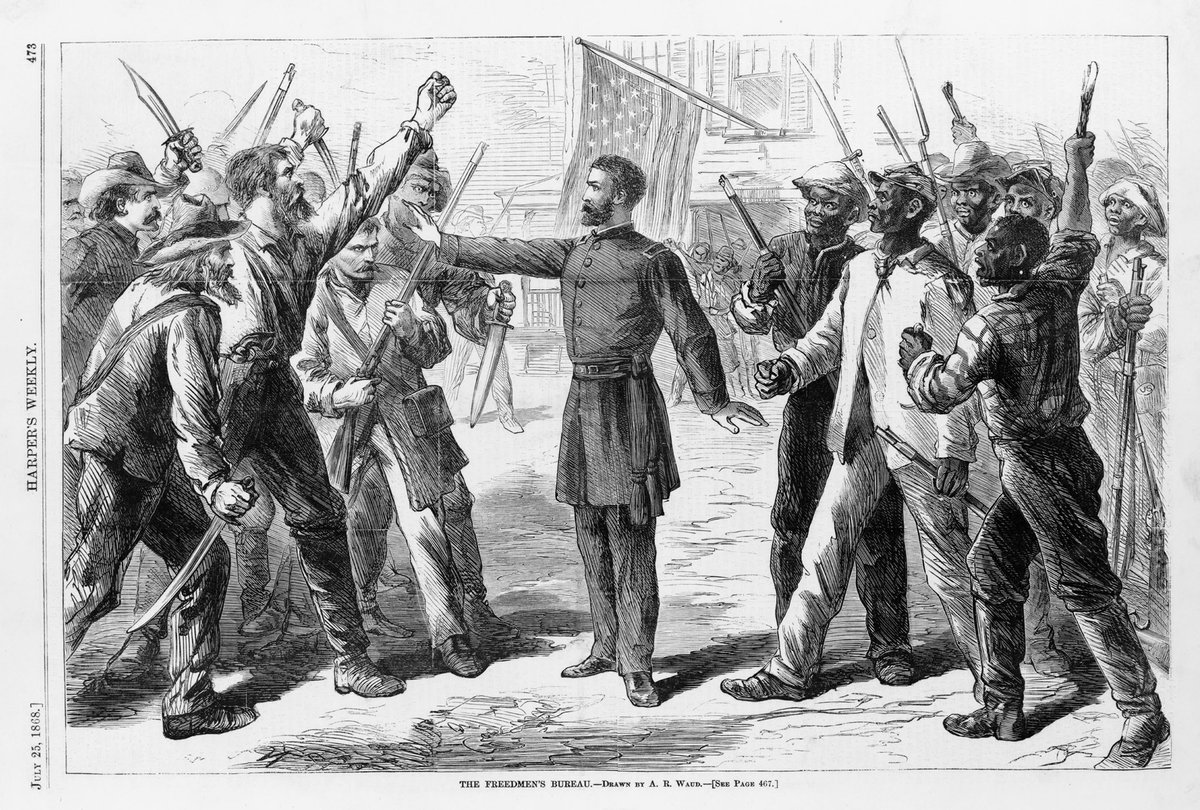
Why does Reconstruction matter? This was a question that leaders of the civil rights movement, like Dr. Martin Luther King, Jr contemplated a century later. In February of 1968, Dr. King gave a speech memorializing historian Dr. W.E.B. DuBois. He said: 1/
"White historians had for a century crudely distorted the Negro’s role in the Reconstruction years. It was a conscious and deliberate manipulation of history and the stakes were high. The Reconstruction was a period in which black men had a small measure of freedom of action...2/
If, as white historians tell it, Negroes wallowed in corruption, opportunism, displayed spectacular stupidity, were wanton, evil, and ignorant, their case was made. They would have proved that freedom was dangerous in the hands of inferior beings... 3/
One generation after another of Americans were assiduously taught these falsehoods and the collective mind of America became poisoned with racism and stunted with myths... 4/
Dr Du Bois confronted this powerful structure of historical distortion and dismantled it. He virtually, before anyone else and more than anyone else, demolished the lies about Negroes in their most important and creative period of history... 5/
The truths he revealed are not yet the property of all Americans but they have been recorded and arm us for our contemporary battles." 6/ - Dr. Martin Luther King, Jr. on Reconstruction, February 1968
Photo from the 1963 March on Washington (AP)
Photo from the 1963 March on Washington (AP)
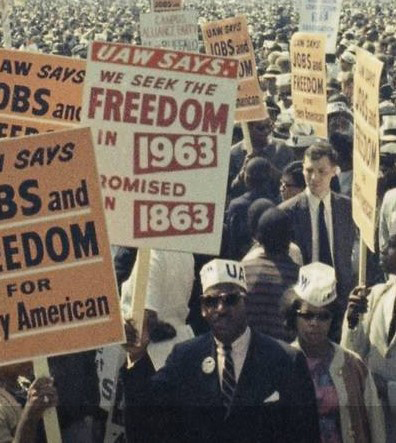
As the nation marks #MLKDay this year, in what ways do you think Reconstruction matters?
In addition to his thoughts about DuBois and the scholarship of Reconstruction, Dr. King was a frequent visitor to @PennCenter1862, picture here in 1966 (Bob Fitch Collections/Standord)
In addition to his thoughts about DuBois and the scholarship of Reconstruction, Dr. King was a frequent visitor to @PennCenter1862, picture here in 1966 (Bob Fitch Collections/Standord)
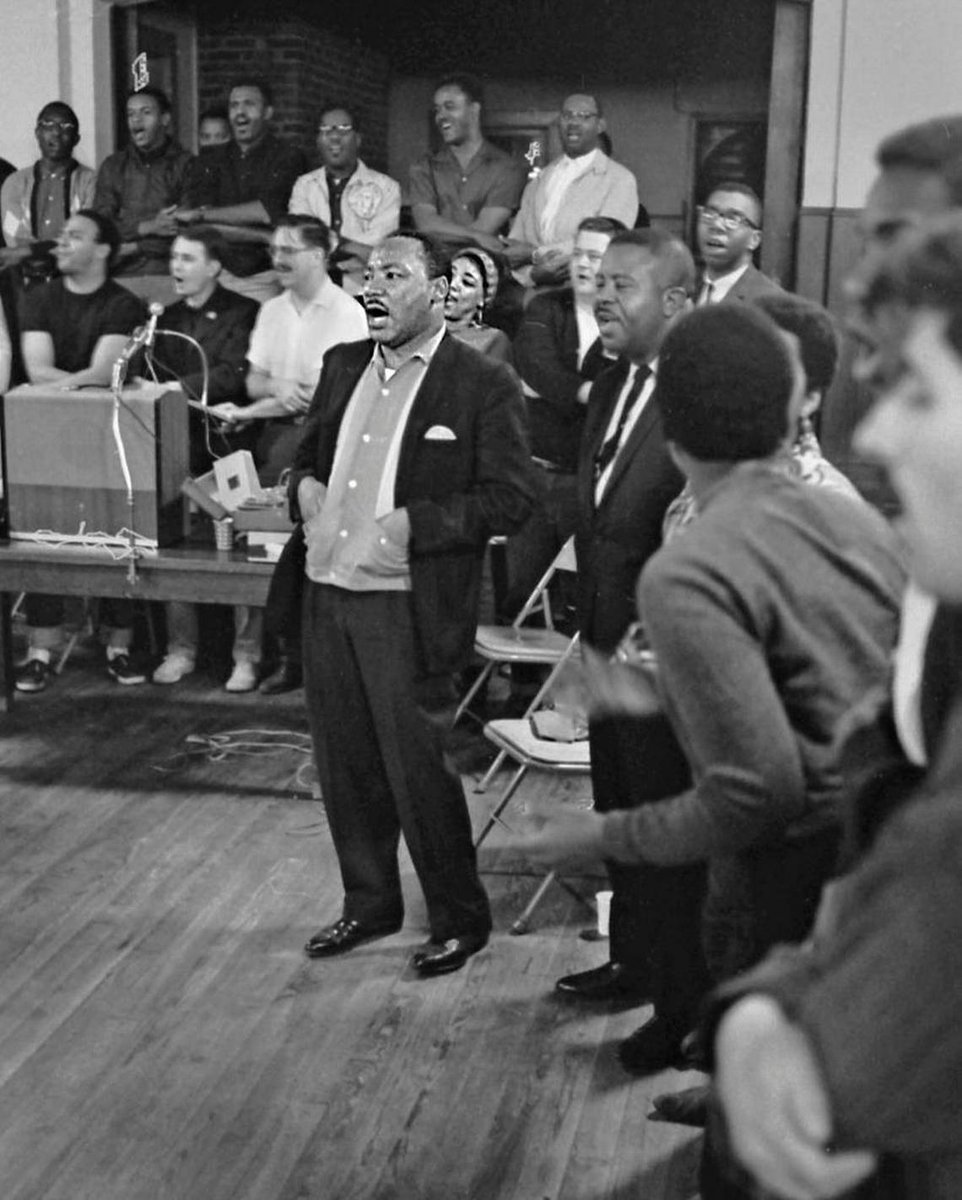
• • •
Missing some Tweet in this thread? You can try to
force a refresh


